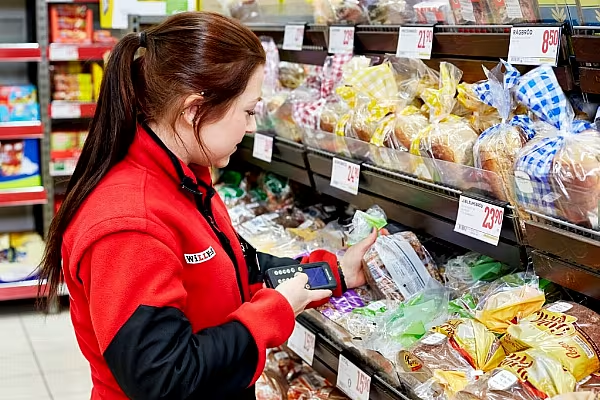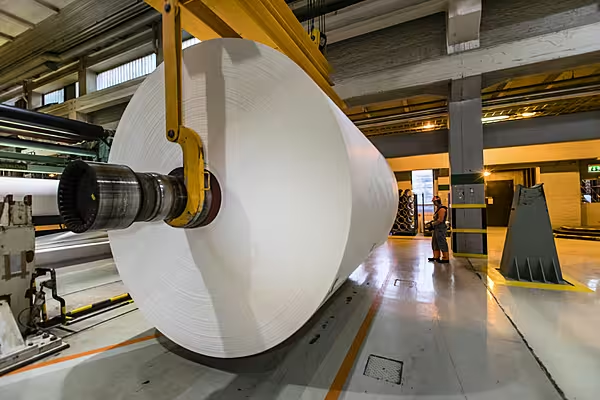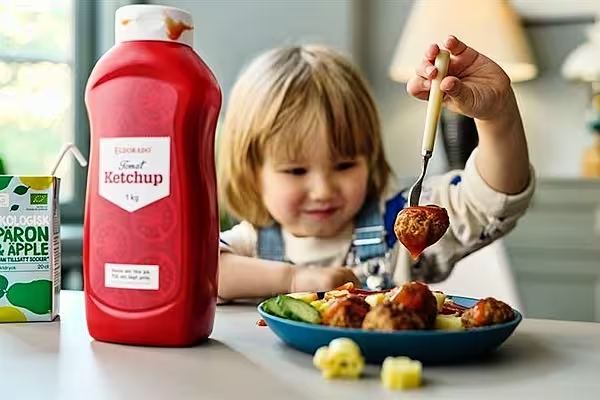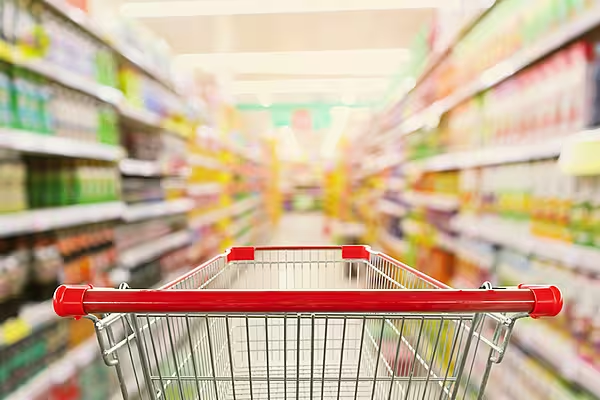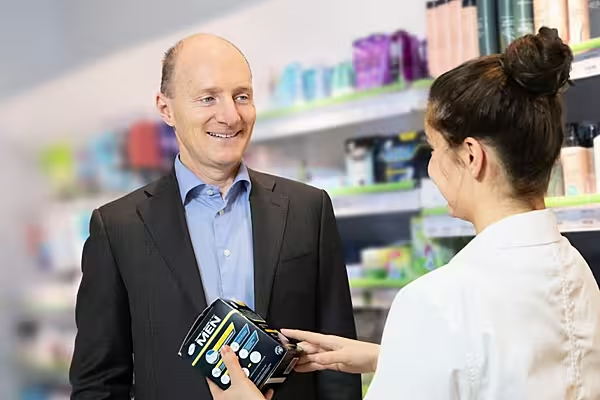Swedish retailer Axfood said that online B2C sales were up 157% in the fourth quarter of its financial year, as shoppers embraced click and collect options during the period.
The group posted a 7.4% increase in sales in the quarter, to SEK 12.05 billion (€1.2 billion) – a period in which Axfood "continued to grow faster than the market and with improved profitability", according to chief executive Klas Balkow.
He added that while the coronavirus pandemic has "required immense focus", the group is making progress on its "ambitious developments" for the future, and is looking forward to the new year from a "stronger market position".
Banner Performance
The group's biggest retail business, Willys, posted a 9.5% increase in net sales in the period, to SEK 8.1 billion (€800 million), with like-for-like sales up 6.7%.
The group said that higher average basket value, coupled with online growth, contributed to the brand's performance, while new openings and a store modernisation programme have also had a positive impact.
Less positive, however, has been the performance of its partly-owned Eurocash business, which forms part of the Willys arm – the cross-border focused business saw sales fall by close to 80% compared to the preceding year, due to increased measures prohibiting border travel.
"The situation for the cross-border grocery chain Eurocash worsened during the fourth quarter as Norway’s restrictions on travel to Sweden were expanded in early October," commented Balkow.
"However, we are convinced that cross-border shopping will recover once the restrictions are lifted, as the incentives for Norwegians to shop for groceries in Sweden will remain. We have a positive view of the future for Eurocash and recently acquired the hypermarket Långflons Stormarknad to strengthen Eurocash’s presence along the Norwegian border."
Axfood also saw a positive performance for its Hemköp banner, which posted a 5.3% increase in sales across the entire store estate, including franchised outlets. Like-for-like sales in the business' company-owned stores was up 2.7%.
Here too, however, there have been challenges, with the banner having a high proportion of stores in city and town centres, which have been 'negatively affected by sharply reduced customer traffic compared with the retailer-owned Hemköp stores, the majority of which are located near residential areas', the group said.
Elsewhere, Axfood's logistics and procurement business, Dagab, saw net sales up 5.6% in the quarter, while restaurant wholesaler Snabbgross fell 6.5%, impacted by the weaker performance in the HoReCa channel.
Planning For The Future
Looking ahead, Axfood said that it will be upping its capex this year to between SEK 1.8 billion and SEK 1.9 billion, due to a planned investment in a new automated logistics centre.
It also plans to open five to ten new stores, further strengthen its online presence, invest in a new transport management system and invest in its sustainability programme. In December, Axfood announced a revised sustainability agenda, which targets that its own operations shall have net-zero emissions by 2030 and that sustainability-labelled products shall account for at least 30% of total sales by 2025 at the latest.
"On the tailwinds of a financially-strong year, we are continuing development in areas such as logistics, with automation and transport optimisation, upgraded IT platforms, new checkout systems, more stores and new concepts, a higher degree of digitalisation and a more data-driven way of working," said Balkow.
"We are also stepping up the pace and raising our level of ambition in the area of sustainability with focus on the entire value chain. We are striving to be a positive force for change that contributes to development in society."
© 2021 European Supermarket Magazine – your source for the latest retail news. Article by Stephen Wynne-Jones. Click subscribe to sign up to ESM: The European Supermarket Magazine.
